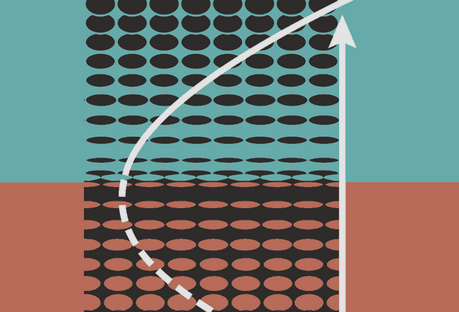Register Now: ISB’s International Symposium
 isbscience.org/news/2015/03/16/register-now-isbs-international-symposium/
isbscience.org/news/2015/03/16/register-now-isbs-international-symposium/
14th Annual International Symposium
April 6 and 7, 2015
Institute for Systems Biology
The Institute for Systems Biology’s Annual International Symposium, since its inception in 2002, has become a bellwether of new systems approaches across disciplines in the life sciences. The theme for 2015 is “Tipping Points in Medicine & Ecology” which is aligned with ISB’s focus on personalized medicine and environmental sustainability. The principles of critical phase transitions, early warning signs and, more generally, complex systems dynamics, offer a theoretical framework and analysis tools for understanding and predicting major state transitions in human health and in ecosystems. The Symposium aims to facilitate the translation of these theoretical principles to medicine and ecology. We hope you will join us for a lively exchange of ideas.





